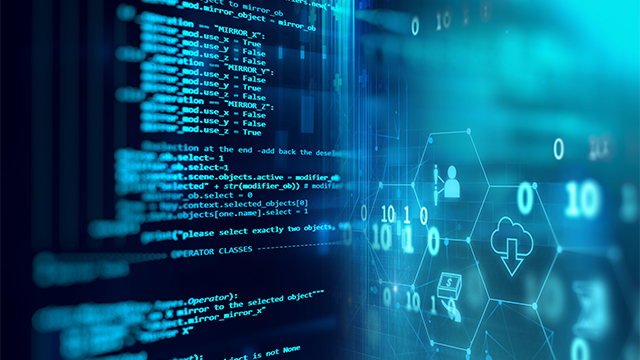 BACK
BACK
What AI Poker Bots Mean for Humanity and Technology
By Brenda MorelliJuly 29, 2021
If you've been keeping up with the tech industry, you'll know that modern artificial intelligence (AI) is most commonly used to automate simple tasks, such as payroll generation and sending out emails. Machine learning (ML), however, has improved leaps and bounds: It's now better at learning from randomized data sets. In fact, in 2019, AI systems mastered poker, a game that requires players to implement strategies and understand their opponents.
With computing power growing each year, the Brookings Institution predicts that whoever is leading the AI industry by 2030 will be a dominant power on the world stage all the way until 2100. That being said, it's clear that AI will play a considerable role in our future, and poker bots are the first step to something bigger for technology — and for humanity as a whole. The question is: how?
AI and poker
In 2017, Carnegie Mellon University's Libratus program made a bot that could win at 2-player, No Limit Texas Hold'em game – the most popular variant of poker across the globe. The program required over 100 CPUs to run, and its neural networks were able to pick out the best course of action for each game. Eventually, it became unbeatable after it participated in a 20-day poker tournament without losing.
This ultimately paved the way for the Pluribus, conceived by Libratus' creators in partnership with Facebook AI. In 2019, this super poker bot won a 6-player game against professional players who had previously won millions on the professional circuit.
This feat was made possible with the reinforcement learning technique, or the act of evaluating past plays to improve future odds. This means that, before facing human opponents, Pluribus played trillions of hands — against five copies of itself.
What this means for tech
The fact that Pluribus won a multiplayer game is huge. Normal AI can win games like chess, which have predefined rules and predictable gameplay.
But poker is different. Though, like other games, there are poker rules every beginner must learn, whether you’re playing Texas Hold’em or any other variant. But more players mean more hidden information and a multitude of possibilities to process. Consequently, Pluribus can't rely on the usual decision-tree method before making a move.
Instead, it develops a blueprint strategy before every game, and improves on it in real-time during play. It's even acquired its own unique playing style over time. This means that, ultimately, we can now program AI to tackle tasks that are more complex than ever.
Pluribus was also made in just 8 days on a 64-core server with less than 512 GB of RAM, a far cry from the Libratus' 100 CPUs — and for just $150. Thanks to these developments, more elaborate tactical algorithms, with a plethora of applications in everything from traffic navigation to cybersecurity, are now more accessible than ever before.
On to bigger problems
With Pluribus, AI has taken a big step forward, and this will inevitably lead to it being utilized more often in daily life, as well. In particular, tactical algorithms can prove highly valuable in making business decisions, given its ability to take a wide range of factors and possible outcomes into account.
In fact, industry giants like Walmart are now using startup company Pactum's AI interface to negotiate better contracts with its suppliers. According to Martin Rand, a former commercial director at Monsanto, the average Fortune 500 company can lose $240 million to inefficient deals. Consequently, services like Pactum's can help companies see a 2.8% to 6.8% increase in profitability with every deal.
The bottom line
Indeed, as we continue to find ways to improve AI's capabilities at a lower cost, AI and ML in particular become more capable of bringing increased efficiency, productivity, and profitability to more aspects of business — and life in general. So if you're on the lookout for new developments in AI that you feel will benefit you in the long run, consider checking out our definitive list of AI conferences to attend this year.
Recent Posts

Highlights from 2023: Notable Advancements in AI
As we delve into 2024, it’s an opportune moment to reflect on the dynamic landscape...
By Daniel LacklandApril 26, 2024

Top AI Conferences of 2024
By Jessica GallagherApril 17, 2024

Developing Computer Vision Applications in Data Scarce Environments
Introduction In today’s digital era, computer vision stands as a transformative technology, driving innovations across...
By Sumedh DatarDecember 12, 2023